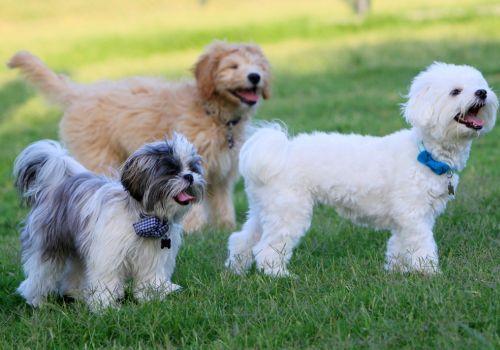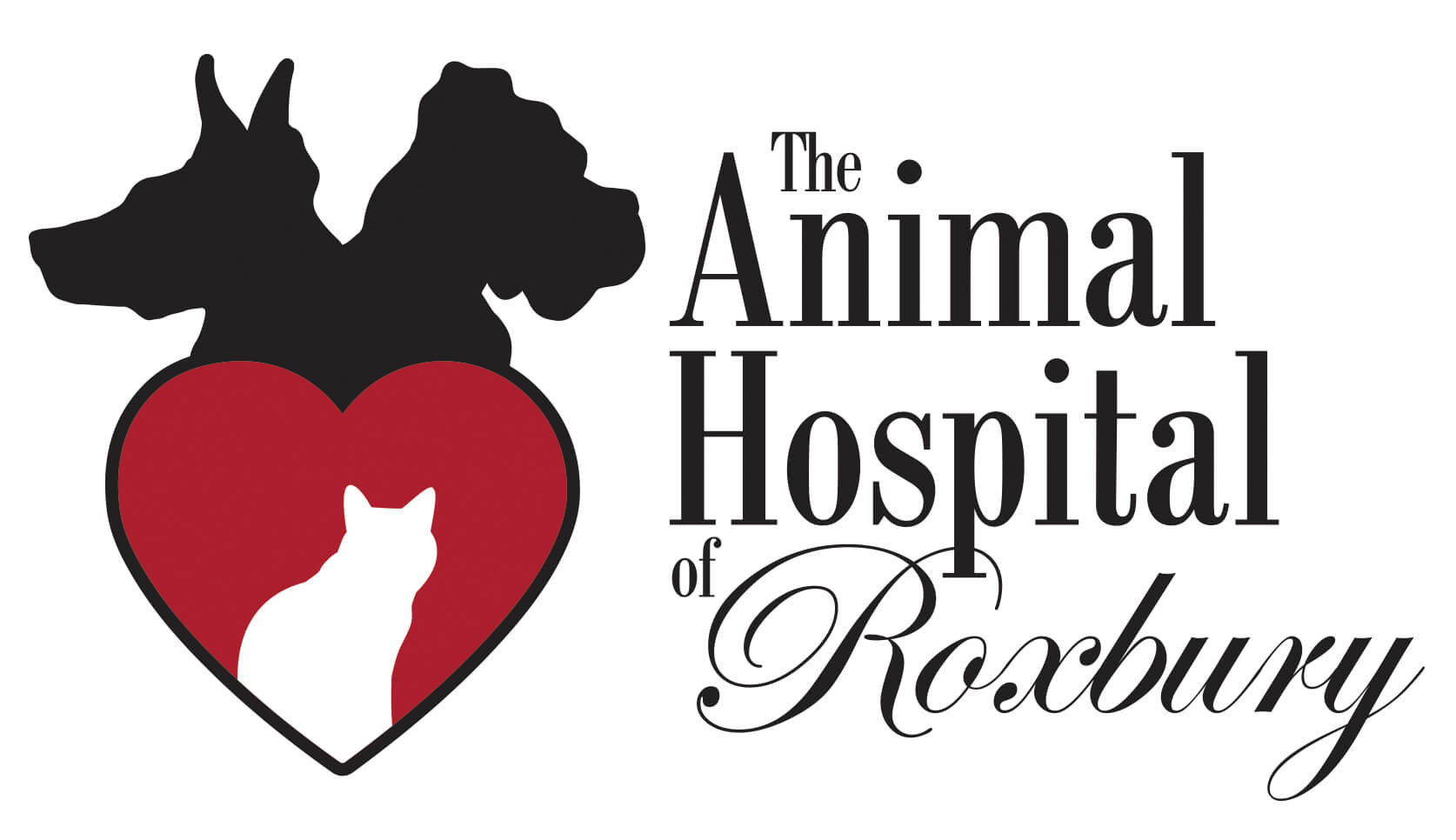
Spaying and Neutering Your Dog at The Animal Hospital of Roxbury
At The Animal Hospital of Roxbury, we provide safe, professional spay and neuter surgeries for dogs and cats of all ages. These routine procedures offer lifelong health benefits, help reduce overpopulation, and support a happier, healthier life for your pet.
Why Spaying and Neutering Matters
Spaying (for females) and neutering (for males) are common surgical procedures that prevent your pet from reproducing. But the benefits go far beyond that:
Health Benefits:
- Reduces the risk of certain cancers (mammary, uterine, testicular)
- Prevents uterine infections (pyometra) in females
- Lowers risk of prostate issues in males
- May help with behavioral issues like roaming and marking
Community Impact:
- Helps reduce the number of unwanted litters
- Decreases the number of animals in shelters
- Supports better overall animal welfare in the community
What to Expect Before & After Surgery
We know surgery can be stressful, so we focus on making the experience smooth and safe for both you and your pet.
Before Surgery:
- We'll perform a physical exam and recommend pre-surgical bloodwork, chest x-ray, and ECG (age dependent)
- You will receive a pre-surgical pain pack which includes Gabapentin and Cerenia (dogs only)
- Your pet will need to fast the night before and morning of the procedure
- Our team will walk you through the prep and answer any questions
During Surgery:
- All procedures are performed under general anesthesia
- We use monitoring equipment to help ensure your pet’s safety
- Pain management is provided before, during, and after surgery
After Surgery:
- Pets typically go home the same day
- You’ll receive detailed aftercare instructions and medications
- Our team is always available for follow-up questions or concerns
Frequently Asked Questions
What is the difference between spaying and neutering a dog?
Spaying and neutering refer to sterilization procedures for dogs. Spaying is for female dogs, where the ovaries and uterus are removed. Neutering is for male dogs, where the testicles are removed.
At what age should I spay or neuter my dog?
The ideal age depends on your dog and lifestyle. Most average dogs are spayed or neutered around 9 months old, but for athletic dogs or those involved in agility or other high-intensity work, surgery may be delayed. Your veterinarian can help you decide the best timing.
Are there health benefits to spaying or neutering?
Yes. Neutering male dogs can reduce testosterone-related behaviors like marking, mounting, aggression toward other intact males, and the tendency to roam. Spaying female dogs prevents heat cycles and reduces the risk of certain reproductive diseases.
Are there any reasons not to spay or neuter my dog?
Some dogs may have medical conditions that make anesthesia risky. Breeding dogs or show dogs may stay intact until their breeding or showing is complete. Your veterinarian can guide you if your dog falls into one of these categories.
Are there any risks associated with the procedure?
All surgeries carry some risk, particularly anesthesia. Our skilled technicians monitor heart rate, blood pressure, ECG, and temperature during surgery to reduce complications.
How should I prepare my dog for surgery?
No food or water after 9:00 PM the night before. If your dog will wear a surgical recovery suit or e-collar afterward, getting them used to it ahead of time helps reduce stress.
What should I expect on the day of surgery?
Drop-off is usually around 8:30 AM. Most dogs go home the same day with pain medication and sometimes anti-nausea medication. Instructions for pre- and post-surgery care will be provided.
How long does the procedure take?
It varies by breed and size. Smaller breeds may have quicker procedures, while larger breeds take longer.
What is the recovery process like?
We ask that dogs stay calm and quiet for about two weeks. Use an e-collar or recovery suit to prevent licking, and ensure other pets don’t disturb the incision. Recovery is generally smooth, with most dogs returning to normal within a few days.
Will spaying or neutering affect my dog’s behavior?
Most dogs are a bit tired or cranky for a few days post-surgery, which is normal. Behavior usually returns to normal quickly.
Can my dog still go into heat after being spayed?
No. Spaying removes the ovaries and uterus, so heat cycles stop completely.
Can a pregnant dog be spayed?
Yes, it is possible, though slightly higher risk. Your veterinarian will discuss the best approach.
Will spaying or neutering make my dog gain weight?
Some dogs may gain a little weight after surgery. Maintaining a healthy diet and exercise routine helps prevent unwanted weight gain.
Are there any long-term health issues to monitor?
Keep your dog at a lean weight to help prevent arthritis and other health concerns. Most dogs do very well long-term after spay or neuter surgery.
How much does spaying or neutering cost?
Costs vary by dog size and any additional procedures. Your veterinarian can provide a personalized estimate.
What should I do if my dog has complications after surgery?
Monitor the incision for redness, swelling, discharge, or signs of pain. Contact your veterinarian immediately if you notice any of these or if your dog seems unwell.
Talk to your veterinarian. If you have any questions about dogs and neutering, give us a call at (973) 691-1771, or you can email us at [email protected]. Our staff would love to talk with you!
Don't forget to follow us on social media Facebook, Instagram.
